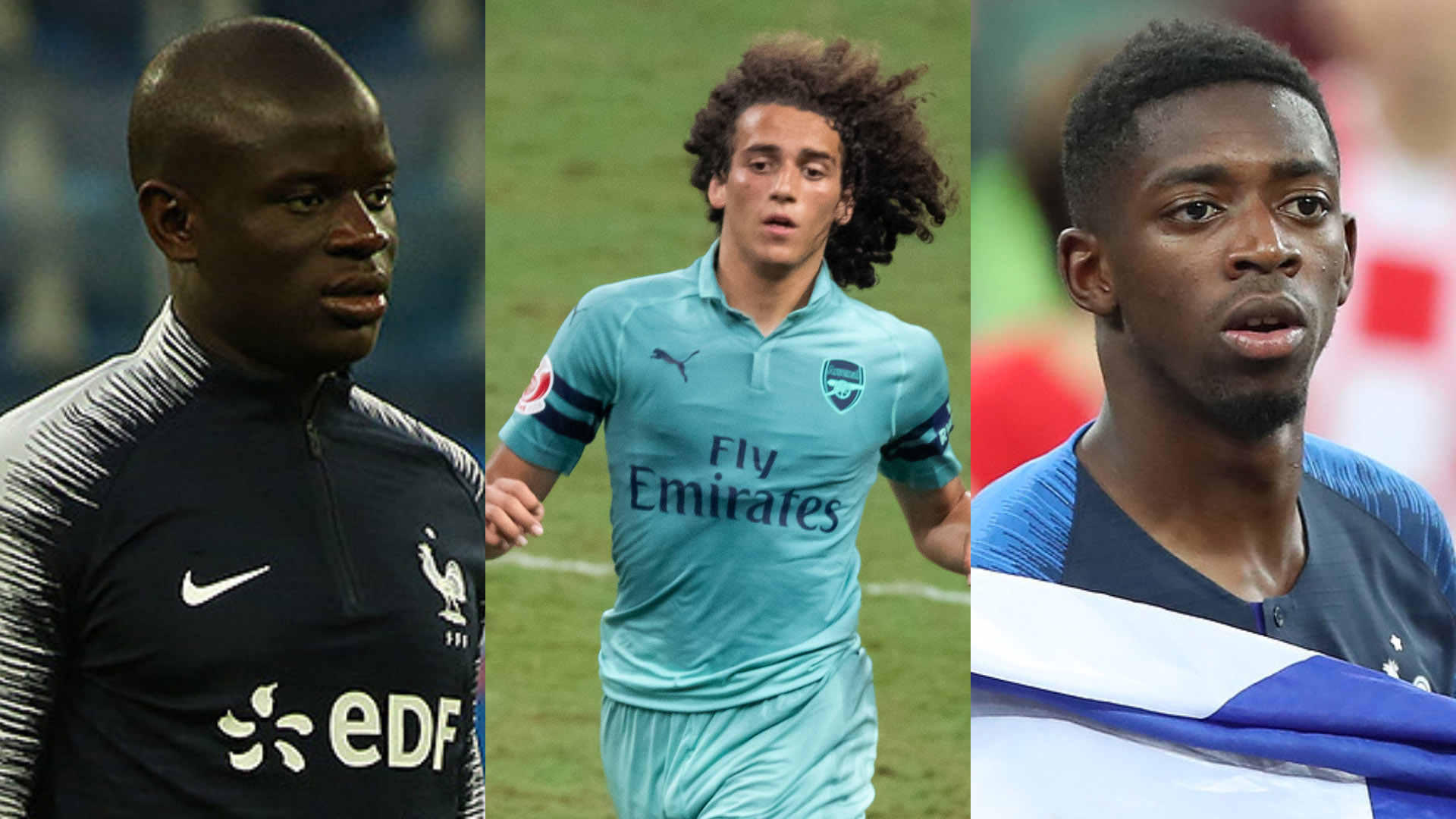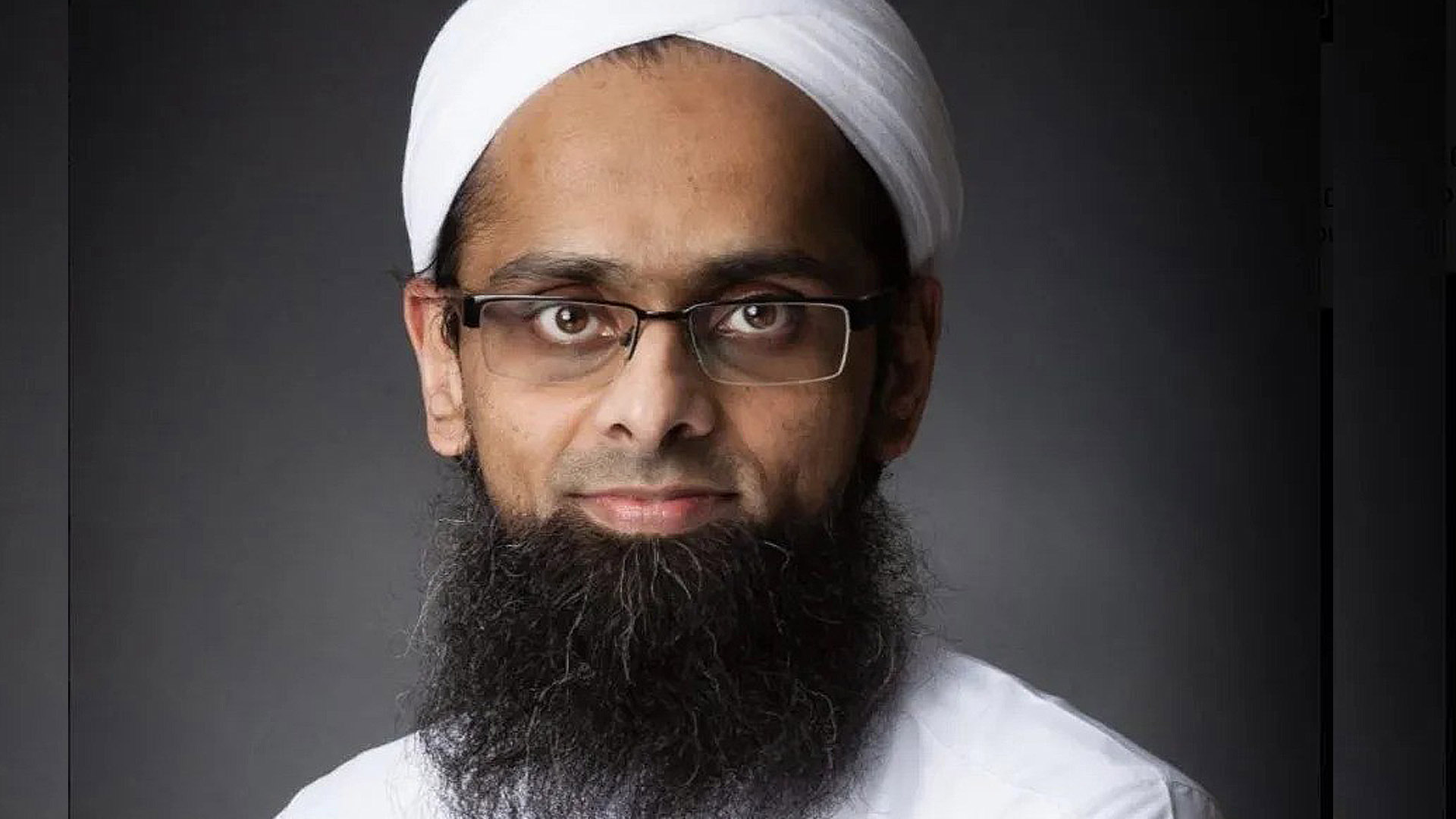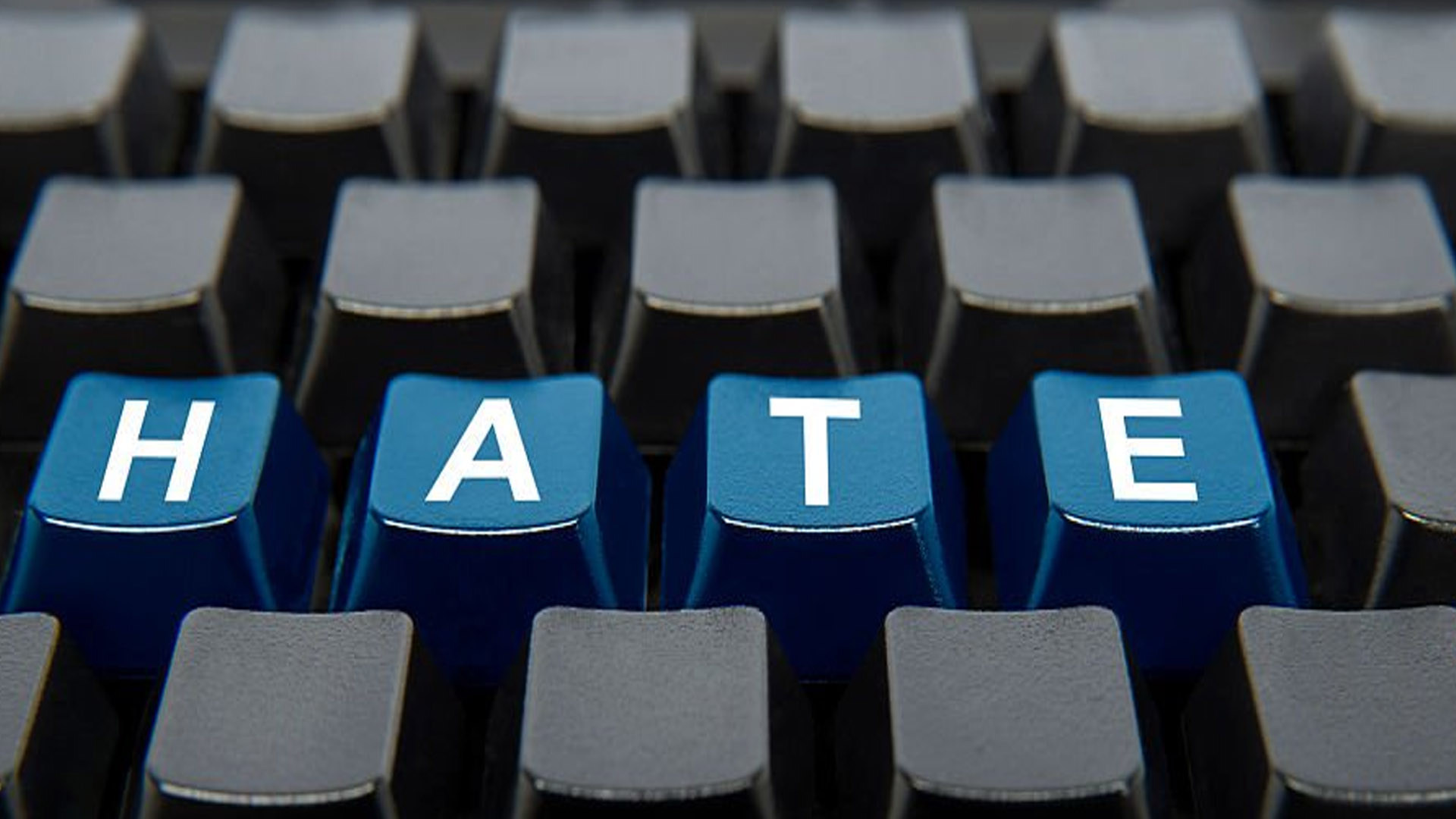
Nadine Osman
The Fédération Française de Football (FFF) is under fire after banning Muslim players from fasting during Ramadan while training with the national squad—sparking accusations of discrimination and dividing the team.
The decision comes just as Les Bleus prepared for two crucial UEFA Nations League quarter-final matches: a highly anticipated away fixture against Croatia on March 20 at Stadion Poljud in Split, followed by a home clash at Stade de France on March 23.
Despite these high-stakes games, the FFF has reportedly told players observing Ramadan that they cannot fast while training at Clairefontaine. Instead, they are only permitted to make up for missed fasting days after international duty concludes.
“Hijab bans for women, and now there is a ban on fasting for players observing Ramadan. France continues to be champions of anti-Muslim behaviour,” said Canadian sports journalist Shireen Ahmed on X.
The ban is particularly contentious given that many key members of the squad come from African and North African backgrounds, including Ousmane Dembélé, N’Golo Kanté, Élias Guendouzi, Ibrahima Konaté, and Ferland Mendy.
Last year, youth midfielder Mahamadou Diawara quit the under-19 squad in protest, with ESPN reporting that some players “believe their religion is not respected and that they are not respected either,” according to an agent familiar with the situation.
FFF President Philippe Diallo defended the ruling, telling *Le Figaro*, “There is no stigmatisation of anyone… But when we are in the French team, we must respect the framework.” He pointed to the federation’s strict rule enforcing “neutrality” and banning any political or religious expressions during matches.
This is not the first time the FFF has come under fire for its rigid stance on religious expression. Last year, referees were explicitly ordered not to pause matches at sunset to allow fasting players to break their fast—an accommodation that leagues such as the Premier League and Bundesliga readily provided.
In response, PSG fans unfurled a banner that read, “A date, a glass of water, the nightmare of the FFF.”
According to the federation, interrupting matches for players to break their fast “does not comply with the provisions of the FFF statutes.”
“The idea is that there is a time for everything. A time to play sport, a time to practise one’s religion,” said Éric Borghini, president of the Federal Referees Commission, in an interview with AFP.
Borghini, who also serves on the FFF executive committee, insists that this policy is simply the “scrupulous application” of the first article of the federation’s statutes, which emphasise strict adherence to the principle of secularism in French football.
The FFF has also maintained its controversial hijab ban for female players, even after FIFA officially lifted its own restrictions.
Calls for action are growing. The “Everything Is Futbol” podcast urged Muslim players to boycott the national team in protest, posting, “You’ll see how quickly France changes its ways once they realise they can’t field a good national team without multiple dual-citizen French/African athletes.”
Photo: France’s fasting ban has sparked controversy, particularly given that many key squad members, including Ousmane Dembélé, N’Golo Kanté, and Élias Guendouzi, are Muslim. (Credit: Wikimedia)


